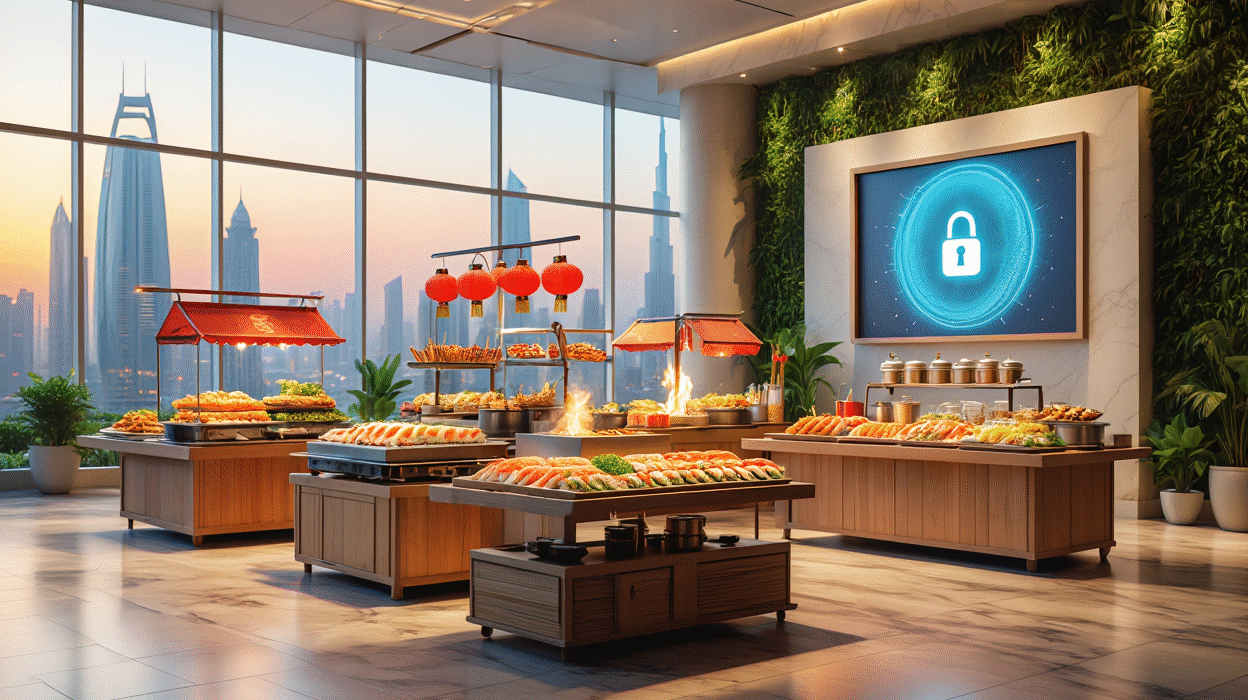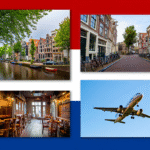Food is quickly becoming the centerpiece of travel in Asia, with Agoda revealing that culinary activities now rank among the top five most-searched experiences by travelers. Japan tops the list of must-see gourmet places, followed by Thailand, Vietnam, Indonesia, and Malaysia. Interestingly, Japanese travelers themselves are expanding their horizons, seeking food experiences not only at home but also in Thailand, South Korea, Vietnam, Hong Kong, and Taiwan. Agoda’s Top Foodie Destinations survey highlights that nearly half of respondents in South Korea, Taiwan, Thailand, Japan, and Malaysia consider food their main motivation for travel.
This trend presents opportunities for hoteliers to stand out by emphasizing local dining. Agoda suggests offering authentic in-house dining and collaborating with nearby restaurants and street vendors, or curating local food guides. Andrew Smith, Agoda’s Senior VP, stressed that food-driven travel can deepen guest connections and encourage repeat stays.
Meanwhile, hospitality innovation is taking shape in Singapore. Frasers Hospitality and Singapore Institute of Technology (SIT) have established a think tank to improve industry standards. Their collaboration will focus on applied research, digital transformation, and sustainable practices, while also co-developing training programs to nurture future-ready talent.
Cybersecurity, however, poses growing risks for travel. A spate of cyberattacks has recently hit major airlines, including Qantas, Air France-KLM, and Aeroflot, exposing passenger data. Experts say airlines’ outdated IT systems and third-party dependencies make them vulnerable, with phishing and social engineering driving most breaches.
On the environmental front, Singapore has already exceeded its 2025 objective, with 61% of hotel rooms certified to green standards. At the same time, Dubai-based startup Seraya is shaking up serviced accommodation with wellness-focused stays, securing $1.8 million in funding to expand its footprint.






